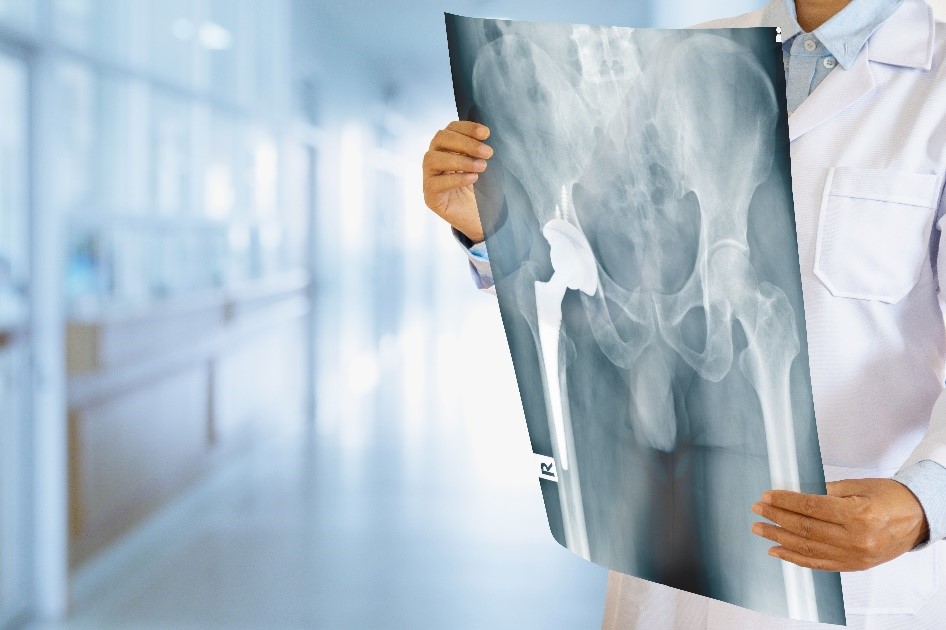There are numerous ways that you can opt to manage the arthritis of a loved one. To help you improve the life of your loved one dealing with arthritis, we’ve listed some simple strategies that will help you reduce symptoms so your loved one can pursue the activities that are important to them.
- Teach Self-Management Skills

Ecourage your loved one join a self-management education workshop. This will help them learn new skills to manage their arthritis and make better decisions about their health. Here are some of the main factors involved in teaching self-management skills to your loved one:
- They will feel more in control of their health.
- They will have the courage to manage pain and other symptoms.
- They will have more energy to plan and carry out valued activities, like working and spending time with other people.
- It will help them reduce stress.
- It will improve their mood.
- They will feel more conformable and able to communicate better with their health care provider(s) about their care.
- Visit the Doctor
Accompanying your loved one to their medical appointment can help them feel more confident about getting medical treatment. Especially with an early and accurate diagnosis, this can help with effective treatment for your loved one to minimize symptoms and prevent the disease from getting worse.
Your main focus for arthritic treatment for your loved one should be to:
- Reduce their pain
- Effective treatment plans to minimize their joint damage
- Improving or maintaining function and quality of life
Ensuring your loved one is going for regular appointments with their health care provider and following their recommended treatment plan will play an active role in controlling their arthritis.
- Managing Weight

Helping your loved one lose excess weight and stay healthy can also help them overcome arthritis. This will not only reduce their pain but will also improve their general physical movement.
Conclusion
We hope this guide will help when it comes to supporting a loved one dealing with arthritis. If you have a senior loved one that needs home assistance in Wilmington, NC, rely on Home Instead Senior Care. We provide the best quality care, with services personalized to you and your family’s needs. Visit our website or call (910) 421-2574 for more information!



